Market Trends
Key Emerging Trends in the Vitamin C Market
The Vitamin C market has been witnessing significant trends, reflecting the growing awareness of health and wellness among consumers. One noteworthy trend is the increasing emphasis on immune health, especially in the wake of global health concerns. Consumers are seeking products that boost their immune system, and Vitamin C has gained immense popularity for its immune-boosting properties. This trend has driven the demand for various Vitamin C supplements, including tablets, capsules, and gummies, as individuals look for convenient and effective ways to incorporate this essential vitamin into their daily routine.
Moreover, the beauty and skincare industry has played a role in shaping the Vitamin C market trends. Vitamin C is recognized for its antioxidant properties, which contribute to skin health by combating free radicals and supporting collagen production. As a result, there is a growing demand for skincare products enriched with Vitamin C, including serums, creams, and lotions. Consumers are increasingly seeking products that offer not only skincare benefits but also promote overall health and vitality.
The shift towards natural and plant-based products is another prominent trend in the Vitamin C market. As consumers become more conscious of their dietary choices, there is a preference for Vitamin C derived from natural sources such as fruits and vegetables. This has led to the popularity of natural Vitamin C supplements and fortified food and beverage products. Manufacturers are responding to this trend by incorporating Vitamin C from botanical sources, catering to the demand for clean-label and plant-based options.
The e-commerce boom has significantly impacted the distribution and accessibility of Vitamin C products. With the convenience of online shopping, consumers can easily explore a wide range of Vitamin C supplements and fortified products, making informed choices based on their preferences and health goals. This trend has prompted manufacturers to enhance their online presence, provide detailed product information, and optimize digital marketing strategies to reach a broader consumer base.
The personalized nutrition trend has also extended its influence to the Vitamin C market. Consumers are seeking customized solutions that cater to their specific health needs and preferences. This has led to the development of personalized Vitamin C formulations, allowing individuals to tailor their intake based on factors such as age, gender, and health conditions. The focus on personalized nutrition aligns with the broader shift towards proactive health management and individualized wellness plans.
Environmental sustainability is becoming an increasingly important factor in shaping the Vitamin C market. Consumers are not only concerned about their personal health but also the environmental impact of the products they choose. This has led to a demand for sustainably sourced and eco-friendly Vitamin C products. Manufacturers are responding by implementing responsible sourcing practices, eco-friendly packaging, and transparent supply chain management to meet the growing demand for environmentally conscious choices.
Regulatory developments and scientific advancements are influencing the Vitamin C market trends as well. The establishment of recommended daily allowances, quality standards, and research on the bioavailability of different forms of Vitamin C are impacting product formulations and marketing claims. As consumers become more informed, they are looking for products backed by scientific evidence and regulatory approval, contributing to a more transparent and trustworthy market.


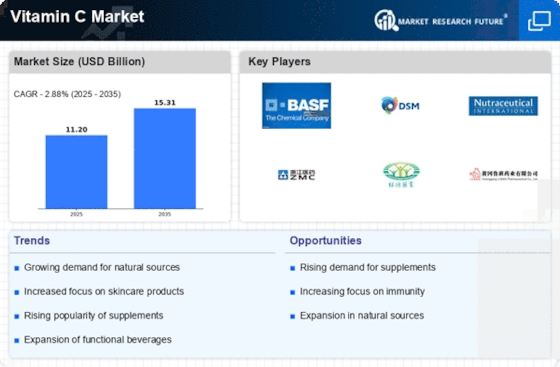

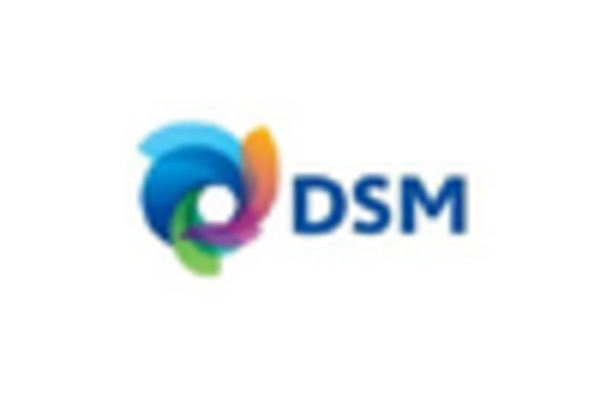
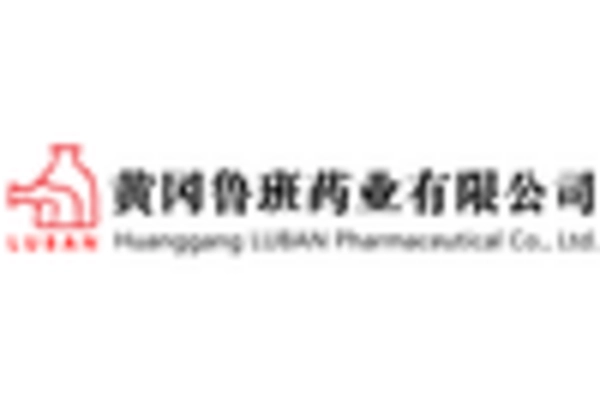
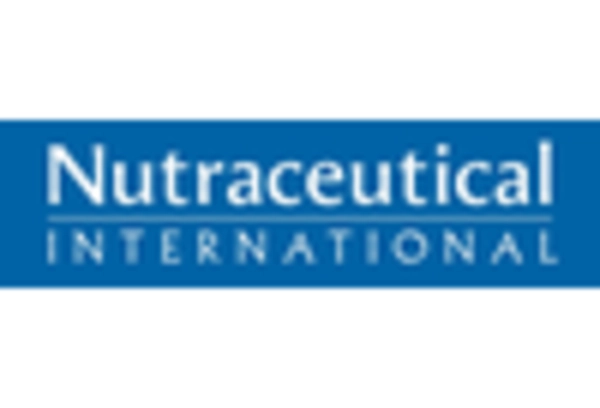
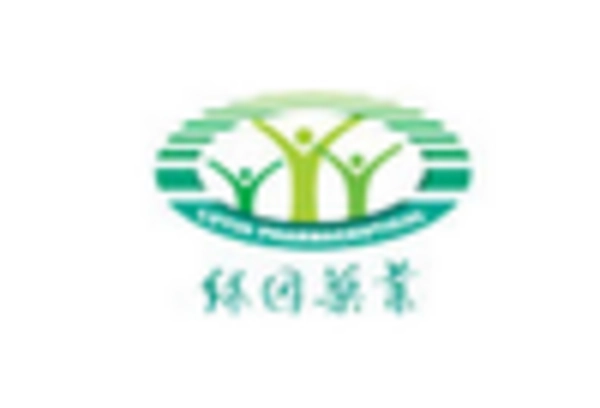
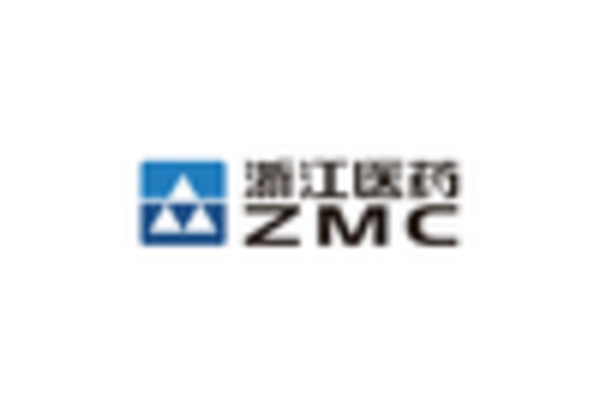









Leave a Comment